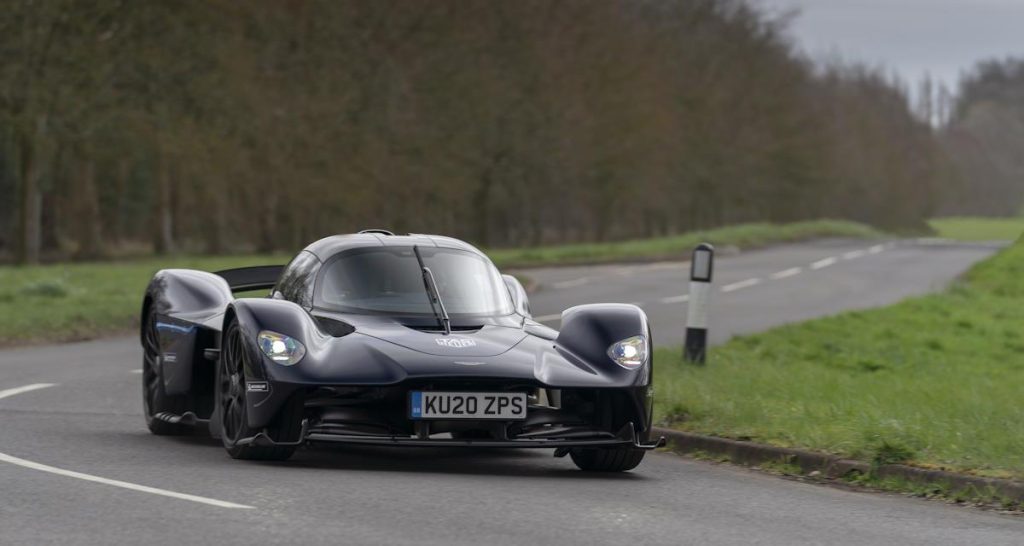During an interview with the Financial Times during the IAA Mobility 2023 show in Munich, Luca de Meo, the boss of the Renault group, estimated that the initial public offering (IPO) of Ampère should make it possible to raise between 8 and 10 billion. euros. A flattering valuation for the division which will bring together all of Renault’s activities in electric vehicles, but also on-board software.
The IPO is due to take place in the spring of 2024, and we are witnessing a classic IPO, valuations and battles over figures between expert analysts and companies. Until now, no valuation had been put forward by Renault or its managers. With this further step, we arrive in the concrete.
Except that some analysts are more cautious (or cautious) on the valuation, rather advancing the figure of 3 to 4 billion euros like UBS. The Swiss bank is skeptical about Ampère’s volume targets, but also about the operating margin. Renault estimates that Ampère will be 1 million EVs per year in 2031 with an operating margin of 10%. This is, according to UBS very optimistic given the fierce competition from Chinese automakers.
To make the reading of the IPO even more vague, Barclays thinks for its part that Ampère is worth 5 billion euros, while AB Bernstein breaks the score by estimating a valuation between 20 and 30 billion euros. From 3 to 30 billion euros, it’s a hell of a big difference that has enough to give headaches to the leaders of the Renault group. Luca de Meo is also appealing to investors to support Ampère’s IPO and thus enable the European automotive industry to resist the “Chinese invasion”.
What is the purpose of the separation of thermal and electrical activities?
With Horse and Ampère, Renault will separate the engines. Why do this? Because, as strange as it may seem, the two activities combined within the same company are worth less than each one separated, even if they ultimately belong to the same company. Several cases have taken place, with varying fortunes, and not necessarily distinguishing the engines.
Ferrari was taken out of FCA, via an IPO, and its valuation went through the roof while in FCA, it was limited. On the other hand, Porsche was floated on the stock market by the Volkswagen group without it being a success (on the contrary). For Renault, this will be a way to raise funds to invest in the electric transition. This also makes it possible to bring in investors that we do not necessarily want in other entities.
Gossips will say that it is also a way to separate activities to better separate from one of them when the time comes. Valuation is not always relevant. Indeed, some investors ignite for companies, on promises, without possible return on investment. Luca de Meo takes the example of VinFast. This is the example of the moment indeed. Despite starving sales (barely more than 11,000 vehicles in 6 months), the manufacturer’s valuation is enormous.
“Look at the valuation of European companies. Do you think VinFast can be worth more than BMW? Let’s be serious!” thunders the Italian.



